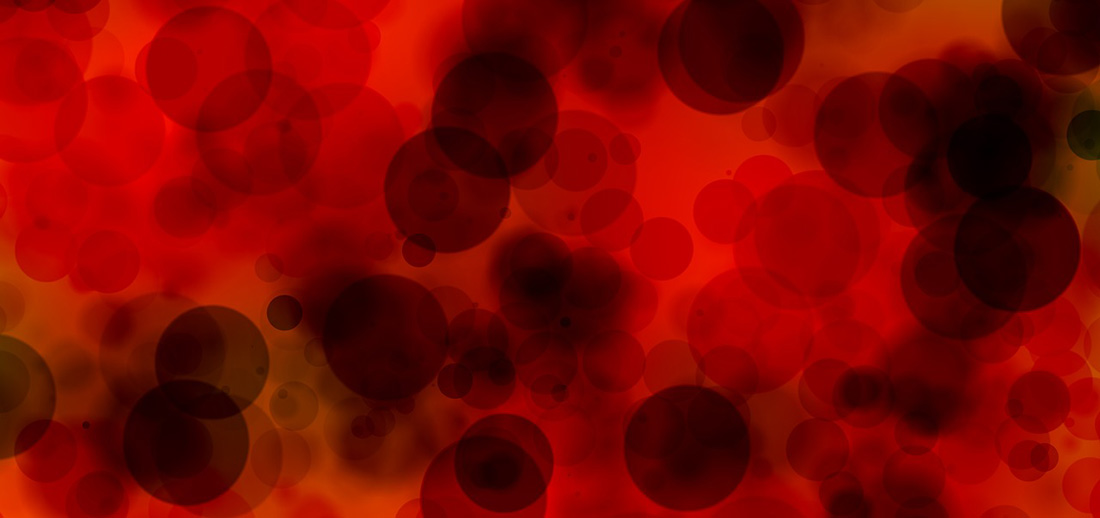
27 Apr The race to get convalescent plasma to COVID-19 patients
Blood centers across the nation are trying to get antibodies from coronavirus survivors to patients who want this experimental treatment. But it’s not easy.
By Sara Harrison, WIRED
One morning a few weeks ago, Rebecca Haley realized that her job had changed. Haley is the medical director for blood collection at Bloodworks Northwest, a nonprofit that serves 90 hospitals in the Pacific Northwest. But, Haley decided, regular blood and platelet donations weren’t the focus anymore. Like thousands of blood centers across the country, Bloodworks needed to collect something new: plasma from Covid-19 survivors.
Once someone is infected with the virus that causes Covid-19, their immune system begins to produce antibodies, specialized cell protectors that recognize the new coronavirus and fend it off. Once that person has recovered, their blood retains the antibodies. Transfusing those antibodies into a Covid-19 patient might be able to help them fend off their own infection, buying them time until their immune system starts producing its own antibodies. This treatment is known as convalescent plasma therapy, and it’s an old solution; doctors used it to help treat measles patients before a vaccine was developed and it has been used on Ebola, SARS, and MERS patients, as well as during the 1918 pandemic flu.



